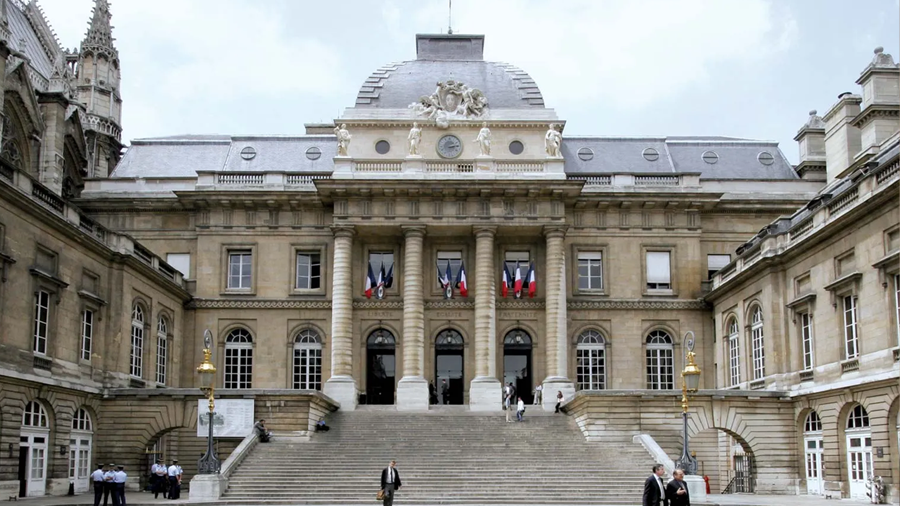The French Court of Cassation confirmed the decisions of the Paris Court of Appeal which set aside an award of EUR 452 million that had previously been issued against Libya, after Libya succeeded in proving the existence of “serious, specific and corroborating” indications of fraud in the settlement agreement that originally gave rise to the award.
Sorelec, a French company, initiated an ICC arbitration against the State of Libya in March 2013 after a dispute arose in relation to the enforcement of an agreement entered into by the parties in 2003, Curtis website said.
It added that when the arbitral proceedings had already reached an advanced stage, Sorelec submitted a document that it claimed to be a settlement agreement, on the basis of which the arbitral tribunal rendered the partial award dated 20 December 2017.
The website also said the terms of the settlement agreement provided that Libya had to pay Sorelec the amount of EUR 230 million within 45 days of service of the award, and that if Libya failed to do so, the tribunal would issue a final award ordering it to pay EUR 452 million.
“Since Libya did not pay within that period, the tribunal issued a final award on 10 April 2018 ordering Libya to pay EUR 452 million to Sorelec. Libya filed a set aside application before the Paris Court of Appeal against both awards in early 2018 on the basis that the alleged settlement agreement that had been validated by the arbitral tribunal had been obtained through fraudulent means.” The website indicated.
“On 17 November 2020, the Paris Court of Appeal issued decision, annulling the partial award on the basis that there was sufficient corroborating evidence to show that the Minister who had signed the settlement agreement on behalf of the State had colluded with Sorelec.” It said.
Among the indications of fraud accepted by the court was the absence of involvement of the Libyan State Litigation Department (“SLD”) in the settlement negotiations, even though it was proven that the Minister in question was fully aware that the SLD was the sole body in Libya with the authority to conclude such an agreement.
The court also pointed to the absence of any evidence of substantive negotiations prior to the signing of the settlement and the fact that the agreement offered no obvious benefit to the State as being critical indications of fraud.
On 17 November 2020, the Court concluded that the partial award was contrary to the “French conception of international public order” and annulled it.
With a second decision, issued the same day, the Court determined that the annulment of the partial award necessarily led to the annulment of the final award, since the latter related to the enforcement of the former.
Sorelec appealed the two decisions to the Cour de Cassation on the basis that the State of Libya had acted disloyally by raising allegations of fraud in the appeal proceedings when such arguments had not been raised before the arbitrators during the arbitral proceedings.
The Court of Cassation rejected that argument and held that the actions of a party before an arbitral tribunal do not restrict the Court of Appeal’s assessment of the issue of international public policy. The Court of Cassation thus confirmed the decision issued by the Paris Court of Appeal setting aside the partial award.





